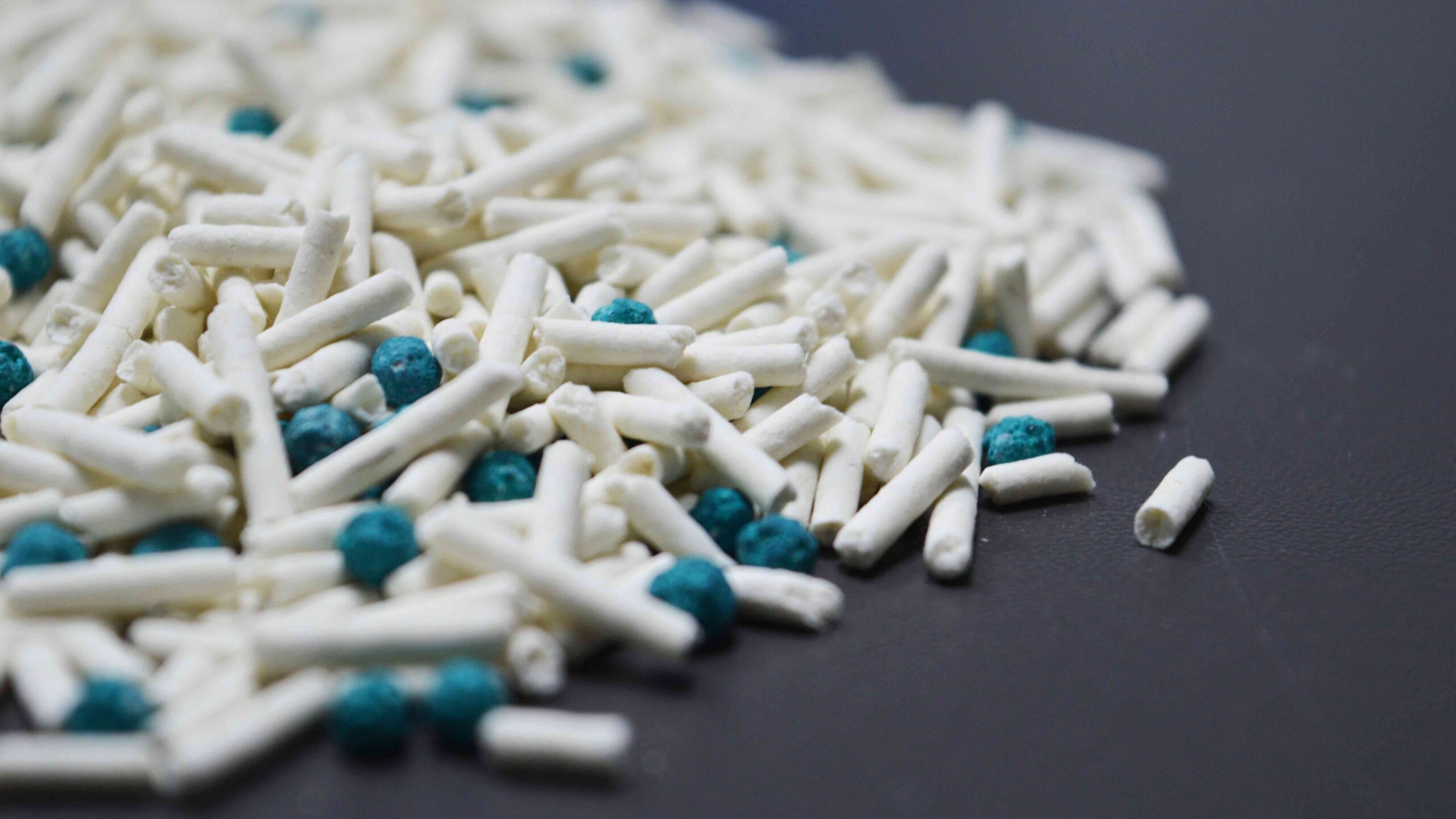
1. Food Industry: Stabilizer, Thickener, and Texture Enhancer
Thickener in sauces, gravies, and dairy drinks: CMC provides a smooth, uniform texture and prevents ingredient separation, especially in low-fat or sugar-free products.
Moisture retainer in baked goods: Helps prolong shelf life by retaining softness in bread, cakes, and gluten-free bakery items.
Ice crystal inhibitor in frozen desserts: CMC prevents the formation of large ice crystals in ice cream, improving creaminess and texture.
Emulsion stabilizer in dressings and beverages: Ensures even distribution of oil and water-based ingredients in products like salad dressings, smoothies, and fruit juices.
Its ability to maintain product stability and improve sensory characteristics makes carboxymethyl cellulose gum a go-to ingredient for food technologists.

2.Pharmaceutical Industry: Safe Excipient in Oral and Topical Formulations
Tablet binder and disintegrant: Enhances tablet cohesion while also allowing the tablet to break down effectively once ingested.
Suspension and syrup stabilizer: Maintains uniformity of active ingredients in liquid medications by preventing sedimentation.
Film-forming agent in coatings: Used in controlled-release tablet coatings to improve swallowability and protect active ingredients.
Thickening agent in topical gels and ointments: Provides the desired viscosity for dermatological and wound-care formulations.
TENESSY as sodium carboxymethyl cellulose supplier offer pharmaceutical-grade products that meet standards, making it easy for formulators to integrate it safely into drug delivery systems.

3. Personal Care and Cosmetics: Emulsion Stabilizer and Skin Feel Improver
Cream thickener and stabilizer: Enhances the luxurious feel of lotions, moisturizers, and sunscreens without leaving a greasy film.
Film-forming agent: Used in setting sprays, hair styling gels, and makeup products to create flexible, breathable films.
Humectant-like performance: Though not a traditional humectant, it can help trap moisture on the skin’s surface.
Formulators often choose carboxymethyl cellulose gum for its excellent compatibility with other ingredients and its ability to create pleasant, stable, and sensory-friendly products.

4.Ophthalmic Applications: Carboxymethyl Cellulose Eye Drops for Dry Eyes
One of the most sensitive and medical-critical uses of CMC is in carboxymethyl cellulose eye drops, often marketed as artificial tears. These drops are used to:
Alleviate dry eye syndrome: By mimicking natural tears and maintaining moisture on the corneal surface.
Relieve eye discomfort due to allergies, screen time, or contact lenses: Reduces irritation and provides long-lasting hydration.
Enhance the viscosity of ophthalmic formulations: Ensures the drop stays longer on the eye’s surface for maximum effect.
Eye drops containing sodium carboxymethyl cellulose are generally preservative-free and well-tolerated.
5. Textile Industry: Sizing Agent and Dye Retention Aid
Warp sizing: CMC forms a thin, smooth film around yarns, reducing friction and breakage during weaving.
Dye affinity improvement: Increases dye uptake and ensures more vibrant, consistent coloration.
Anti-static and softening effects: CMC-treated fabrics exhibit improved drape and reduced electrostatic charge.
CMC’s biodegradability and water solubility also make it a more environmentally friendly alternative to synthetic sizing agents.

6. Construction Industry: Functional Additive for Cement-Based Systems
Carboxymethyl cellulose is also gaining ground in construction chemicals as a high-performance additive in cement and mortar formulations. Key benefits include:
Crack resistance: CMC improves cohesion and flexibility, helping prevent shrinkage cracks.
Slip resistance: In tile adhesives, it increases open time and reduces sagging, making installation easier.
7. Paper, Detergent, and Other Industrial Applications
CMC’s industrial versatility is evident in its use across several technical sectors:
Paper manufacturing: Acts as a surface sizing agent and coating binder, improving print quality and smoothness.
Detergents and cleaners: Prevents soil re-deposition during laundry by forming complexes with dirt particles.
Adhesives and glues: Provides viscosity control and film strength.
These technical-grade carboxymethyl cellulose powders are tailored to meet specific industrial demands in terms of viscosity, purity, and compatibility.













